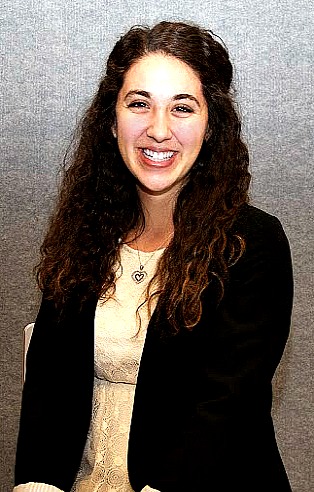Celebration of Scholars
Outpatient Children with Cancer and their Families: The Need for, and Delivery of, Services
 Name:
Gabrielle Cypher
Name:
Gabrielle Cypher
Major: Social work and Business Management
Hometown: Mayville
Faculty Sponsor:
Other Sponsors:
Type of research: Course project
Abstract
Cancer therapies and treatments have improved over the past decades increasing the life expectancy of diagnosed children. Consequently, the social, academic, physical, and financial struggles of childhood cancer patients have increased. To remedy these struggles intervention programs have been created and studied, although primarily only in predominantly inpatient childhood cancer patients. This provides question for additional research: What are the unique experiences and needs of predominantly outpatient children with cancer and their families? What intervention programs and services are provided for predominantly outpatient children with cancer and their families?
This research aims to discover what the lived experiences are of children with cancer and their families receiving predominantly outpatient cancer treatment. The research will help to enhance the body of knowledge on the childhood cancer patient experience and will help to enhance the support and services given to this population. This project involves a qualitative research design. A set of interview questions were established for children with cancer and for parents of the children with cancer. The semi structured interviews were conducted with the families and then coded to develop themes that capture the lived experiences of this population. Children and families were invited to participate from the southeastern Wisconsin and northern Illinois area. Due to personal involvement at the Children’s Hospital of Wisconsin, Wheaton Franciscan Healthcare, the Ronald McDonald House of Southeastern Wisconsin, and the Make-A-Wish Foundation of Wisconsin, the researcher had access to children and families that have a current diagnosis of cancer.
Submit date: March 14, 2015, 12:39 p.m.
